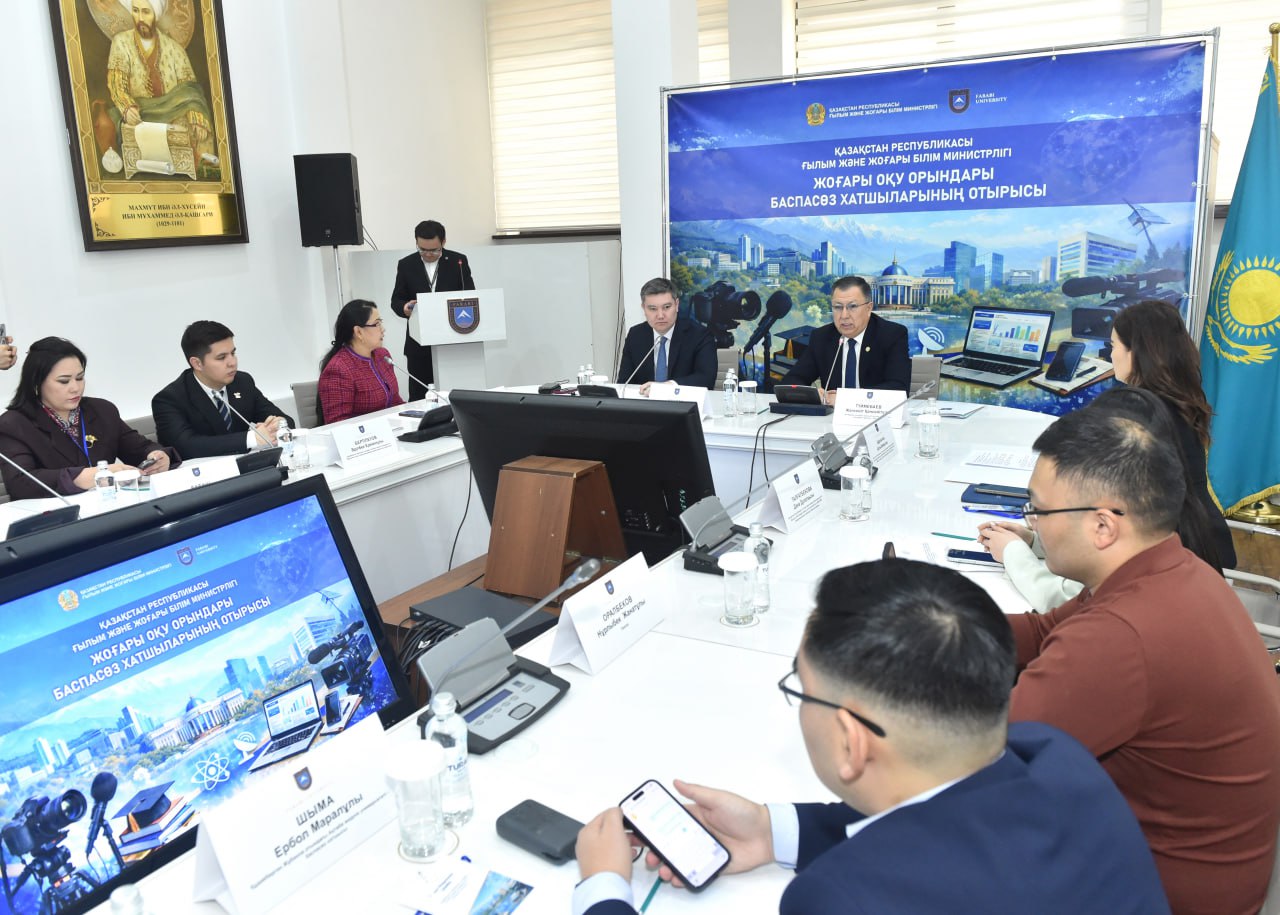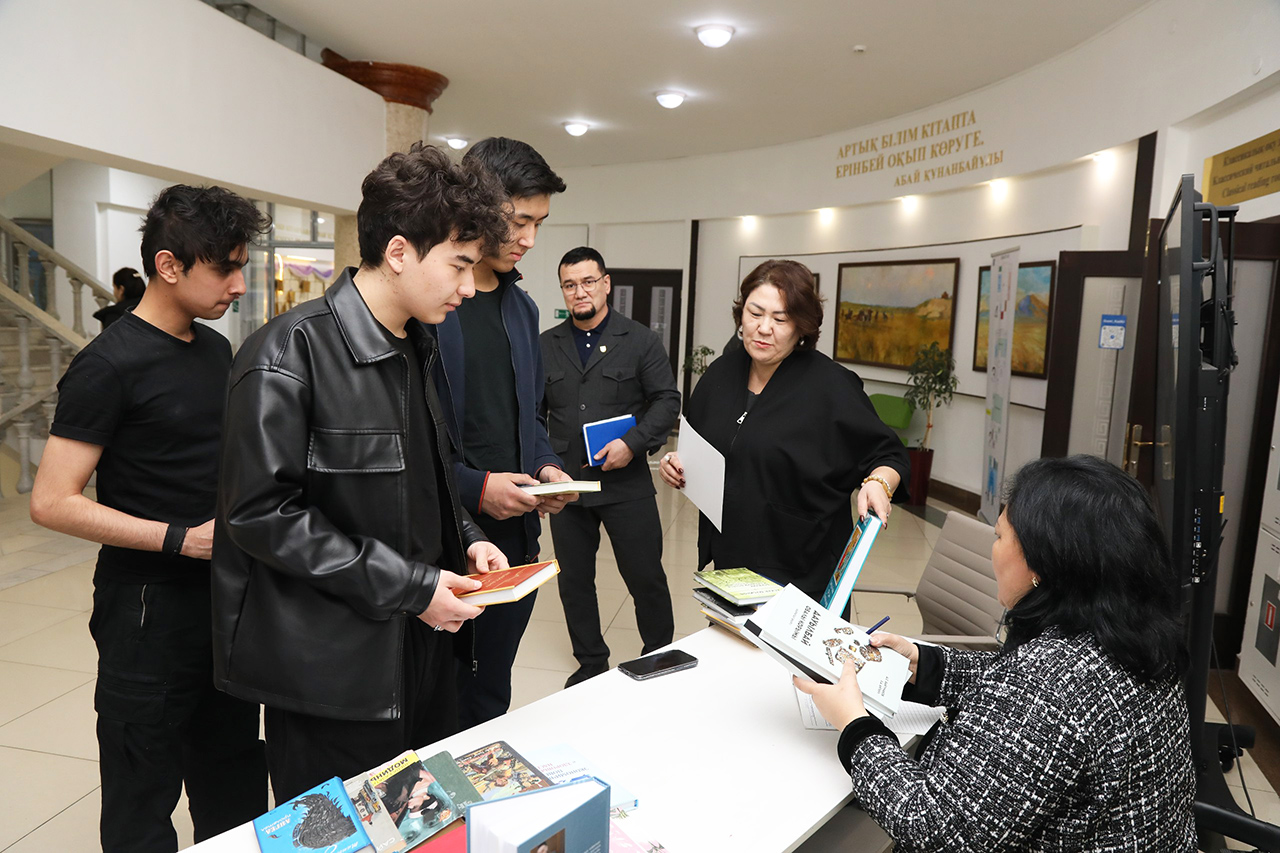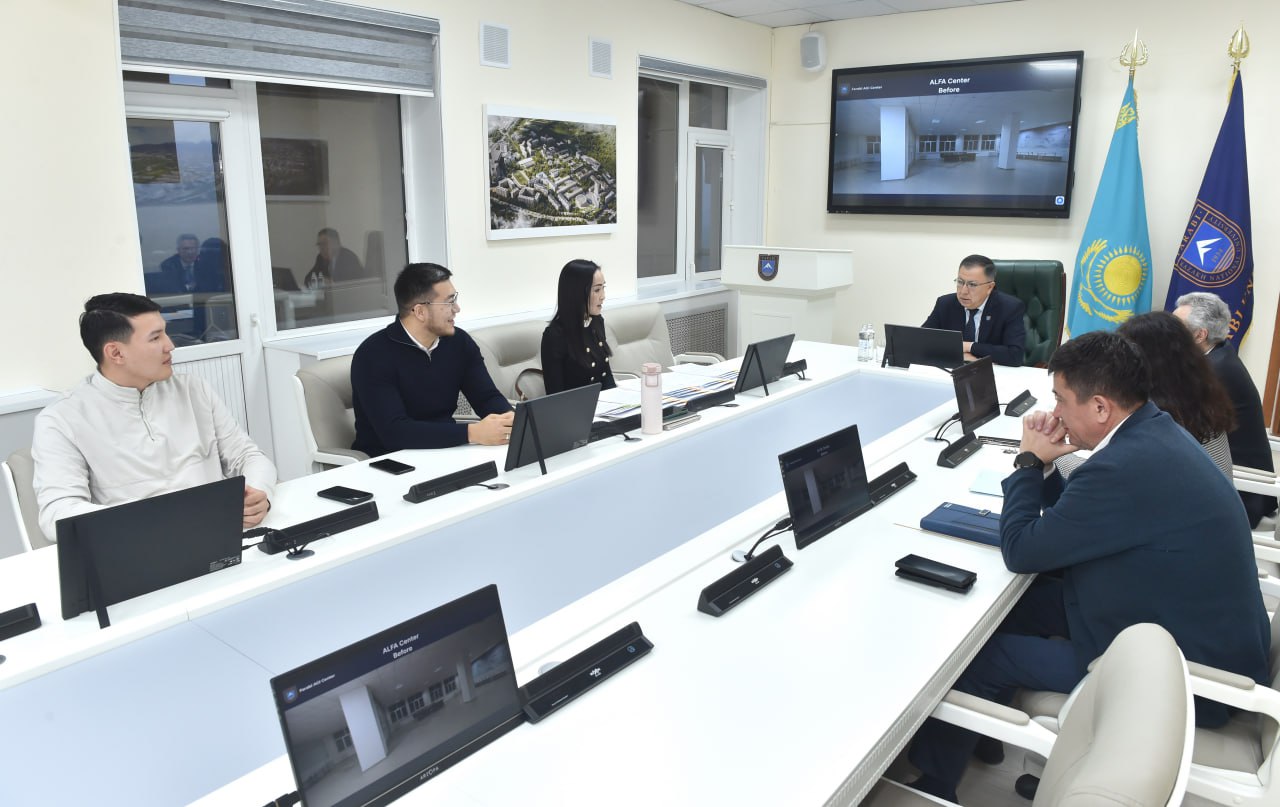Artificial Intelligence — A Strategic Choice for Kazakhstan

Today, as the world is rapidly changing under the influence of digital technologies, the initiatives of the President of the Republic of Kazakhstan, Kassym-Jomart Kemelevich Tokayev, in the field of artificial intelligence (AI) acquire special significance. They are not merely a technological trend — they have become a powerful instrument for strengthening national sovereignty, accelerating economic development, and improving citizens’ well-being.
President Tokayev emphasizes that without the adoption of AI, the country will not be able to remain competitive in the global economy. He has set a strategic goal: to transform Kazakhstan into a “fully digital nation” within three years. This means not simply purchasing technologies but developing an internal digital ecosystem built upon domestic solutions, data, and human capital.
Artificial intelligence can become a key driver of modernization across all sectors — from industry and public administration to education and healthcare. According to the President’s directives, AI should be actively applied in the real economy, in the digitalization of public services, and in the creation of new jobs. Such transformation will enhance productivity, reduce costs, and increase Kazakhstan’s investment attractiveness.
However, without people who can skillfully work with AI, even the most advanced technologies remain merely “precious toys.” Therefore, the President’s initiatives include large-scale human capital development — notably, the AI-Sana program, which aims to train one million citizens within five years. This is not just an educational project, but a crucial step toward fostering a culture of digital literacy and building a knowledge-based society.
President Tokayev also stresses that artificial intelligence must be implemented responsibly — not to deepen inequality or undermine cultural values and national identity. To ensure this, the Council for the Development of Artificial Intelligence has been established, and a new Digital Code and legislative framework are being developed to guide the safe and ethical growth of technologies.
Another key aspect is ensuring digital inclusiveness. President Tokayev has set a clear goal — “to reach every citizen.” The use of AI in education, healthcare, and social services helps bridge the gap between urban and rural areas and ensures equal access to opportunities for all.
A special role in realizing the President’s initiatives belongs to higher education institutions. Universities have become centers of knowledge generation, innovation, and the training of a new intellectual elite. They form the human resource base for the digital economy, launch academic programs in artificial intelligence, machine learning, data analytics, and cybersecurity. Research centers and laboratories are being created where students and faculty jointly work on real-world projects in collaboration with businesses and government agencies.
Moreover, universities are becoming platforms for ethical and philosophical discussions on the responsible use of technology — shaping a culture of awareness and digital ethics. President Tokayev highlights that it is the academic community that must become the driving force of intellectual development, ensuring a strong link between science, business, and the state.
In this process, the Al-Farabi Kazakh National University (KazNU) plays one of the leading roles and can rightly be considered a flagship institution in advancing AI initiatives in Kazakhstan. The university combines active research in artificial intelligence, modern educational programs, participation in national projects (including language models, legal frameworks, and technological solutions), as well as broad international cooperation.
President Tokayev’s initiatives in the field of artificial intelligence are not just about introducing new technologies — they represent a strategic choice aimed at adapting Kazakhstan to the digital reality, strengthening national independence, and improving the quality of life. With their successful implementation, Kazakhstan has the potential to reach a new level of development and become a regional leader in the digital economy. Importantly, this technological progress must go hand in hand with the advancement of education, science, ethics, and strong institutions — and this crucial balance is being built today.
Uderbaeva S.K., candidate of historical sciences, Associate Professor of the Department of History of Kazakhstan


